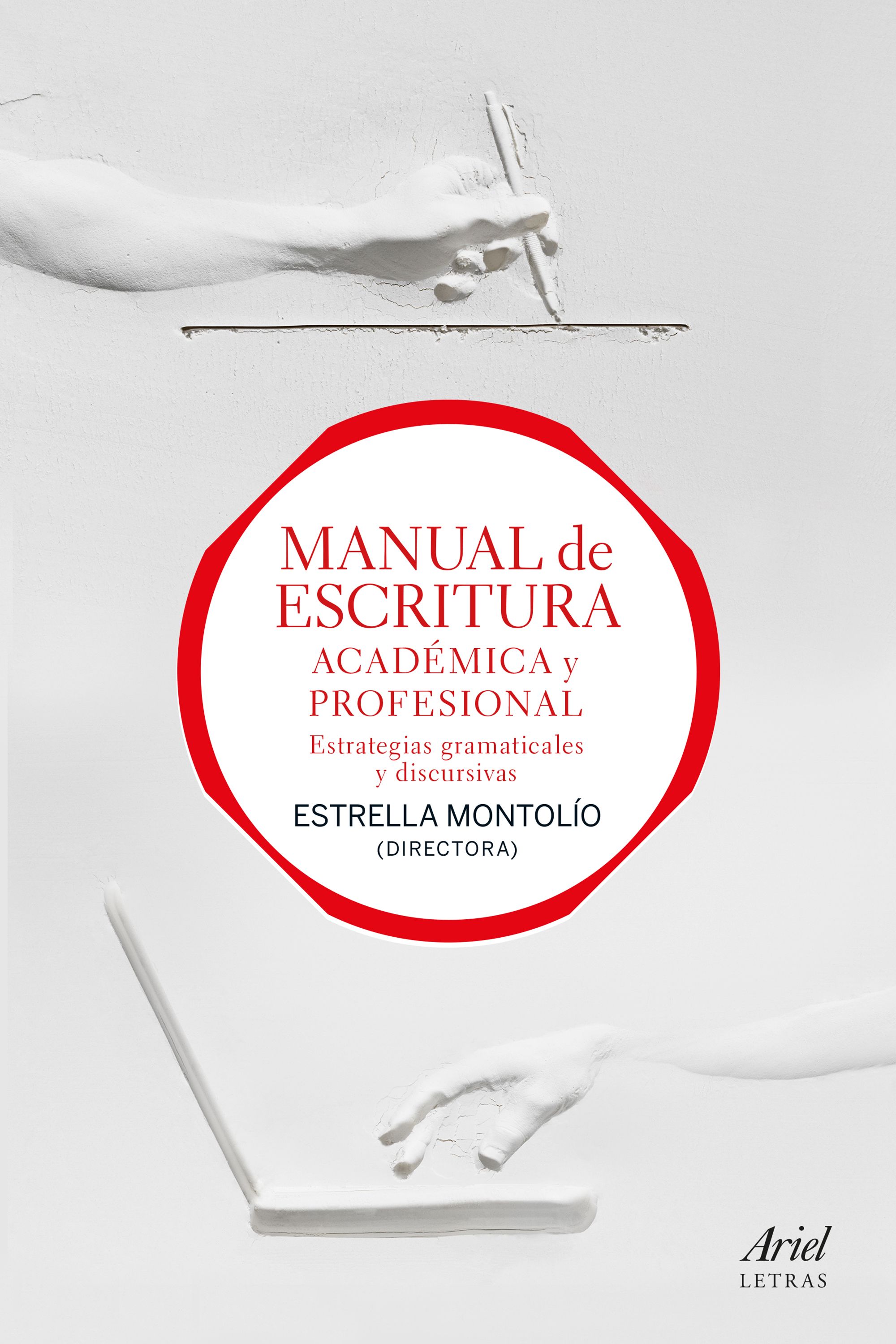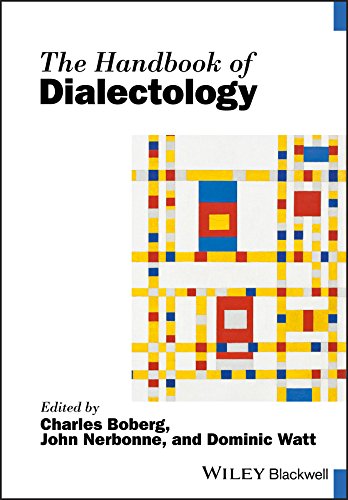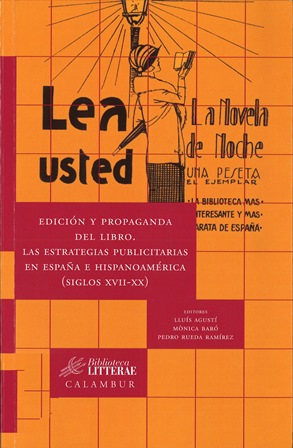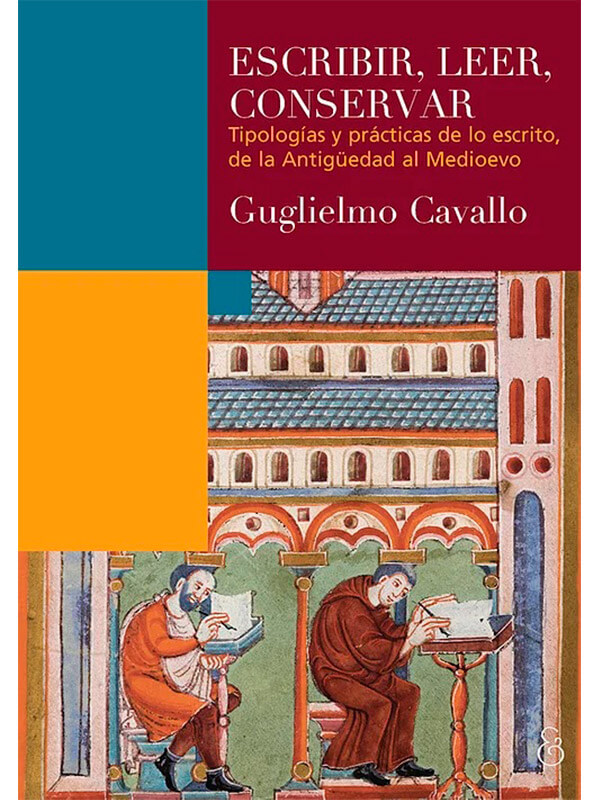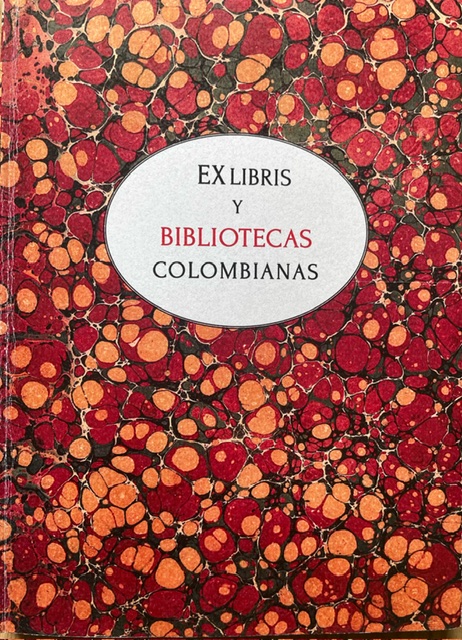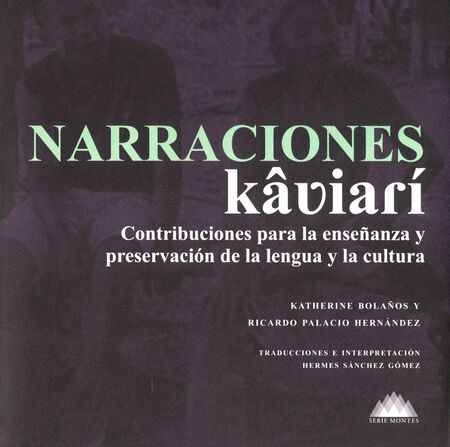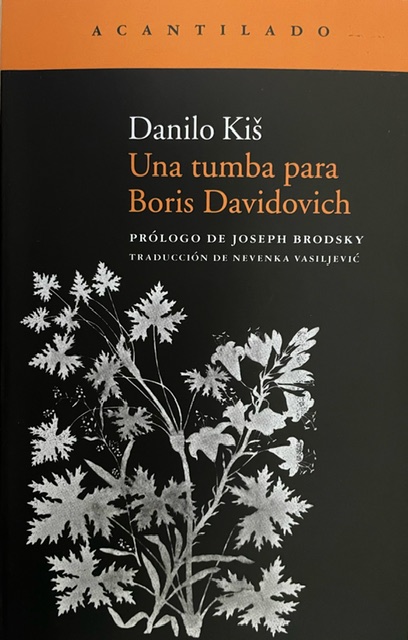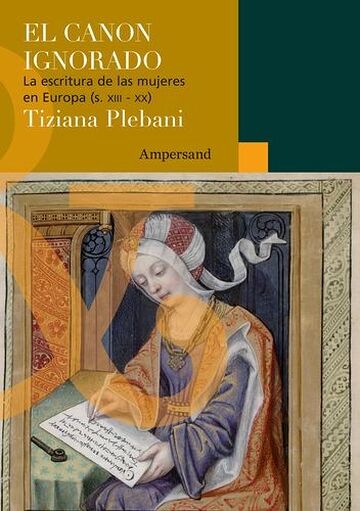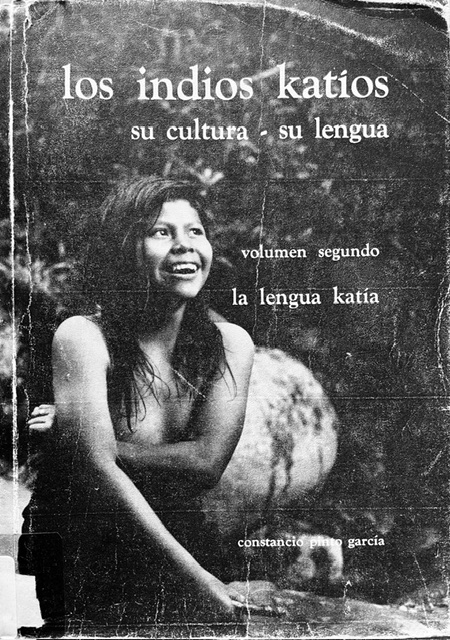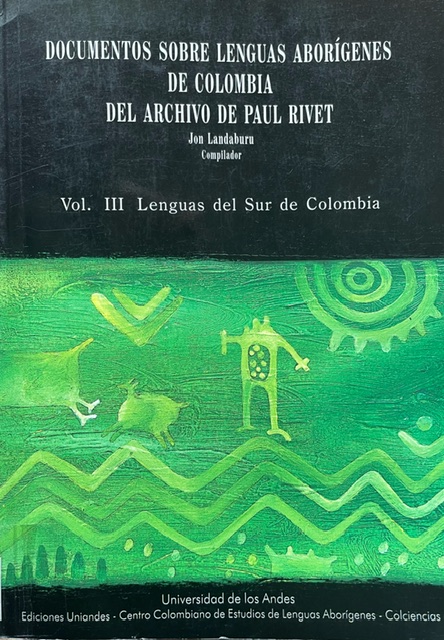Teaching collocation : further developments in the lexical approach / Editor: Michael Lewis
Tipo de material: TextoIdioma: Inglés Editor: Londres : Heinle Cengage Learning, 2000Descripción: 245 páginas ; 24 cmISBN: 9781899396115Tema(s): Inglés -- Enseñanza | Inglés -- Colocaciones -- EnseñanzaClasificación CDD: 428.24
TextoIdioma: Inglés Editor: Londres : Heinle Cengage Learning, 2000Descripción: 245 páginas ; 24 cmISBN: 9781899396115Tema(s): Inglés -- Enseñanza | Inglés -- Colocaciones -- EnseñanzaClasificación CDD: 428.24 | Tipo de ítem | Ubicación actual | Colección | Signatura | Copia número | Estado | Notas | Fecha de vencimiento | Código de barras |
|---|---|---|---|---|---|---|---|---|
| Libros | Sede Centro | Colección General | 428.24 T253 | ej. 1 | Disponible | tmt10 | 500080202 |
Incluye referencias bibliográficas.
Introduction. -- Primera parte: In the classroom. -- There is nothing as practical as a good theory / Morgan Lewis. -- Introduction. -- Learners don't learn what teachers teach. -- Knowing a word is complicated. -- The intermediate plateau. -- The grammar-vocabulary dichotomy is invalid. -- Advanced English. -- Leave 'used' language alone. -- Some classroom activities. -- Action research. -- Conclusion. -- Collocation - encouraging larger independence / George Woolard. -- Introduction. -- Collocation. -- Raising awareness of collocation. -- Highlighting and teaching collocation. -- Choosing key words. -- The independent learner and learner strategies. -- Resources: dictionaries. -- Resources: corpora and concordances. -- Lexical notebooks. -- Word grammar. -- Summary. -- Revising priorities: from grammatical failure to collocation success / Jimmie Hill. -- Language and lexis. -- Language and learning. -- What is collocation?. -- Collocation competence. -- Collocations, idioms and phrasal verbs. -- Collocation and grammar. -- Why is collocation important?. -- Collocation in texts. -- Teaching collocation. -- Choosing which collocation teach. -- Pedagogical implication. -- Summary - less grammar, more lexis. -- Integrating collocation into a reading & writing course / Jane Conzett. -- Background. -- The need to build vocabulary. -- Explicit vocabulary study. -- The missing link: collocation. -- The need for guidance from the teacher. -- Make students aware of collocation. -- Review and testing. -- Concordances for teachers and students. -- Conclusion. -- Classroom strategies, activities and exercises / Jimmie Hill, Morgan Lewis and Michael Lewis. -- Introducing collocation to learners. -- General strategies. -- Activities - exploiting a text. -- Activities - using a collocation dictionary. -- Exercises. -- Your own exercises. -- Summary. -- Calloway's Code. A short story by O. Henry. -- Segunda parte: Background theory. -- Language in the lexical approach / Michale Lewis. -- Descriptions of English. -- Intuition and evidence. -- Terminology. -- From idioms to idiomaticity. -- Collocation. -- Colligation. -- Other multi-word expressions. -- Words. -- The central role of 'of'. -- Grammar. -- Lexis. -- Collocation and testing. -- Necessity for change. -- Summary. -- Learning. -- in the lexical approach / Michael Lewis. -- Introduction. -- Two kinds of knowledge. -- Acquisition and noticing. - -Noticing. -- The importance of examples. -- Acquisition is non-linear. -- Which is fundamental - lexis or structure?. -- The lexical challenge to methodology. -- What do we mean by 'level'?. -- Teaching paradigms. -- The Lexical Aapproach and the Natural Approach. -- Towards a learning theory. -- Summary. -- Materials and resources for teaching collocation / Michael Lewis. -- Choosing texts. -- Genre. -- Subject-specific language. - -Language corpora. -- Concordances. -- Reference materials. -- Summary. -- Collocation and testing / Peter Hargreaves. -- Introduction. -- How do we define different levels?. -- Testing vocabulary knowledge. -- Grammatical patterns and collocations in testing. -- Sources - native speaker corpora and dictionaries. -- Sources - the learner corpus (CLC). -- Approaches to testing collocation. -- Summary. -- A world beyond collocation: new perspectives on vocabulary teaching / Michael Hoey. -- Learning new words. - -Why word list are dangerous. -- The importance of context. -- Semantic prosody. -- Colligation. -- Concordancing. -- Summary.
IMPOSOLUCIONES Compra 14/08/2018 Factura - 087
Lenguaje y lenguas




